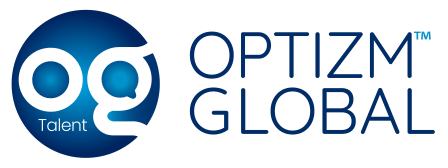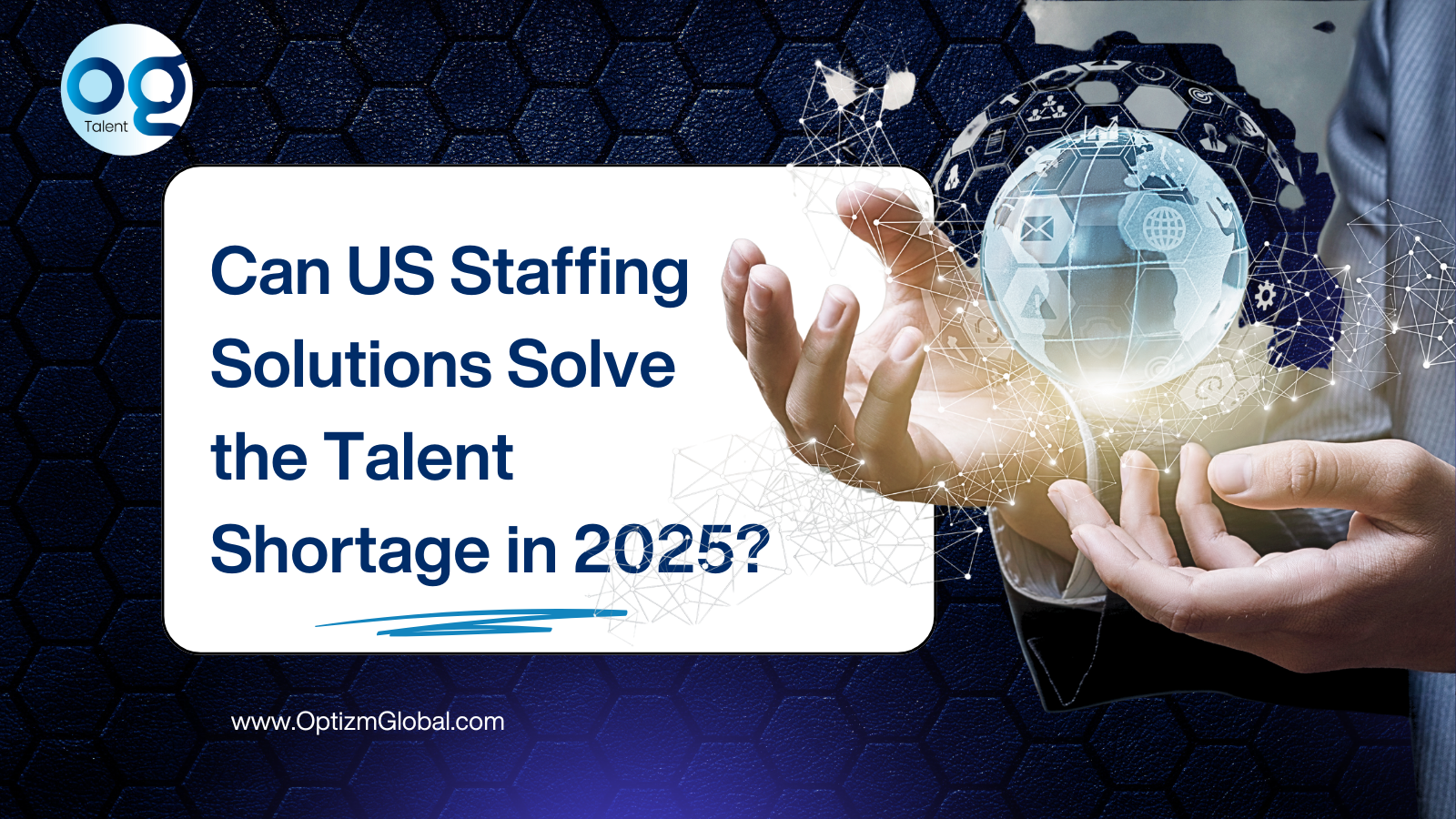The American labor market is at a crossroads. Joblessness is low, sectors such as technology, healthcare, and logistics continue to find themselves competing for skilled workers, and the pace of digitization has heightened demand for specialized skills. As per a 2024 ManpowerGroup report, 77% of employers around the world reported difficulty in filling positions—their highest level in 17 years. As we step into 2025, a question is unanswered for executives and HR leaders: Can US staffing solutions actually fix the talent shortage?
The quick answer: they can’t eradicate the shortage, but they could be one of the most sensible instruments companies can utilize to navigate it tactically.
Knowing the 2025 Talent Shortage
The “talent gap” is not only about not being able to find enough employees—it’s about mismatched qualifications, changing expectations, and shifting demographics in the workforce. Some of the greatest causes of the shortage in 2025 are:
Skill mismatch: As AI, cybersecurity, renewable energy, and healthcare roles explode, many employees don’t have the training or certifications to make the cut.
Remote-first competition: Businesses aren’t just competing locally—they’re fighting global companies for the same pool of remote-ready talent.
Generational realignments: Millennials and Gen Z now inhabit the workforce, with their new expectations around flexibility, purpose, and pay.
Attrition pressure: Burnout, job-hopping, and changing employee allegiances make keeping people as hard as hiring them.
The consequence? Even well-capitalized companies are having trouble getting the right people at the right moment.
Where US Staffing Solutions Come In
US staffing solutions are no longer just temporary staffing agencies—today, they’re strategic partners that integrate recruiting, compliance, and workforce management. In 2025, their worth is in four primary areas:
1. Speed to Hire in Mission-Critical Positions
Staffing agencies possess enormous candidate pools and AI-driven sourcing platforms that cut time-to-hire by a significant margin. For positions in which slowness can incapacitate business—consider nurses, IT professionals, or supply chain coordinators—speed is a winning factor.
2. Passive Talent Access
Great talent isn’t always searching for a job. Staffing firms have established networks of passive candidates who are willing to consider new opportunities but aren’t scouring job boards on a regular basis. That access is a time-saver and a game-changer for firms that are trying to reach beyond the “active applicant” base.
3. Adaptive Workforce Models
In uncertain economies, companies don’t necessarily want to make long-term hires. US staffing solutions allow companies to construct hybrid workforce—combining permanent, contract, and project employees. This is easy to do without trading flexibility for access to specialized talent.
4. Compliance and Legal Expertise
With up-to-date state-level labor laws, evolving DEI requirements, and evolving federal compliance requirements, HR mistakes have never been more costly. Staffing providers handle all payroll, benefits administration, and other levels of compliance, drastically reducing risk for businesses, allowing them to continue focusing on growth.
Can staffing alone solve any of the shortage?
Here’s the part where nuance comes into play: staffing solutions are not a silver bullet. They don’t have the magical ability to produce more cybersecurity engineers or healthcare professionals out of thin air. Their role is to leverage the potential talent supply and help companies get a good share of scarce resources.
But there is a greater talent deficit that needs to be addressed through a multi-layered approach. That’s why many progressive organizations are integrating staffing solutions with:
- Upskilling initiatives (training existing workers for future jobs).
- University and bootcamp partnerships to develop tailor-made pipelines.
- Adoption of automation and AI to decrease reliance on human resources in routine tasks.
International workforce integration where US staffing companies’ partner with global partners to extend access.
The Human Aspect of Staffing in 2025
Employee experience is another important aspect. By 2025, Employees are not just looking for paychecks; they are looking for flexibility, meaning, and opportunities to learn and grow. If employees are met with solutions that prioritize candidate well-being- through benefits, fair pay, or career coaching – they may stick around longer.
Organizations that can connect their staffing partners to these human needs will not only be filling seats, but they will be building more loyal and engaged workers.
Looking Into the Future
The future may allow us to count on some trends to dictate how US staffing solutions fill the talent gap:
- Artificial intelligence-driven recruiting will reign supreme. From predictive hiring algorithms to computer-assisted skill matching, technology will increasingly streamline the search.
- Industry specialization will grow. Staffing companies will continue to specialize in niche industries such as biotech, fintech, or green energy, providing depth over breadth.
- Talent marketplaces will blend with staffing agencies. Digital gig platforms and legacy staffing services could combine, providing companies instantaneous access to qualified talent.
Staffing as a strategic partner, rather than a vendor. Top agencies will be viewed as an extension of the HR organization, advising on long-term workforce planning instead of short-term placements.
Conclusion
So, can American staffing solutions address the talent deficit in 2025? The response is both yes and no. They will not close the macro-level supply-demand gap, but they represent one of the most powerful means to work around it.
There is true power for firms in integrating staffing solutions into a comprehensive workforce strategy that emphasizes training, retaining talent, and using technology to its fullest extent. If talent is the new differentiator, then staffing firms should not just be considered a stopgap but also force-multiplier.






